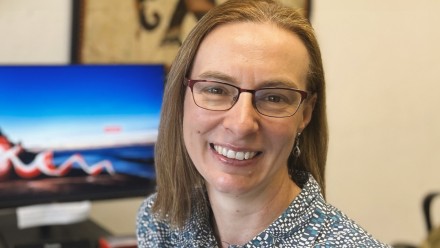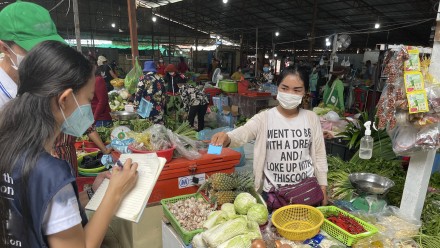Thesis Proposal Review: Learning Learning to Transform Training for Applied Epidemiology
Share
About
Applied epidemiologists are the reconnaissance arm of health emergencies. Mastering the trade requires technical proficiency, critical thinking, political navigation, and community engagement. Many who enter the field must shift their perspective from the individual to the population.
Today, almost one hundred applied epidemiology training programs (also called, FETP) operate in more than two-thirds of the world’s countries and territories. They typically favour learning in the field to the classroom. Most of them came from US CDC’s Epidemic Intelligence Service (EIS) training model, which began in 1951.
COVID-19 has led some to question the fit of the current training model. Knowledge of adult learning has changed over the past 70 years, and the training programs today operate across diverse contexts. A recent survey showed gaps in applied epidemiologists’ core knowledge and skills.
This thesis therefore proposes to explore how training and learning happen in applied epidemiology training programs. It will use a qualitative, grounded theory approach within a critical action research framework to inquire into practices, understandings, and situations for training and learning. The findings will inform the development of principles and processes for designing and re-designing these programs and for improving trainers’ practice.
Bio
 Matthew Griffith is an international health professional with >15 years of experience investigating outbreaks and evaluating surveillance systems, developing and implementing epidemiological studies, providing technical assistance to build capacity in ministries of health, and developing and facilitating public health training programs in Asia, Latin America, and the Pacific. He has worked for the World Health Organization, U.S. Centers for Disease Control and Prevention, and Japan's National Institute for Infectious Diseases.
Matthew Griffith is an international health professional with >15 years of experience investigating outbreaks and evaluating surveillance systems, developing and implementing epidemiological studies, providing technical assistance to build capacity in ministries of health, and developing and facilitating public health training programs in Asia, Latin America, and the Pacific. He has worked for the World Health Organization, U.S. Centers for Disease Control and Prevention, and Japan's National Institute for Infectious Diseases.
Currently, Mr. Griffith is a candidate for the Doctor of Philosophy at the National Centre for Epidemiology and Population Health, ANU College of Health and Medicine. Prior to joining ANU, he led the COVID-19 Information and Planning Pillar for the World Health Organization’s Western Pacific Region and WHO Cambodia’s COVID-19 local preparedness and contact tracing efforts.












